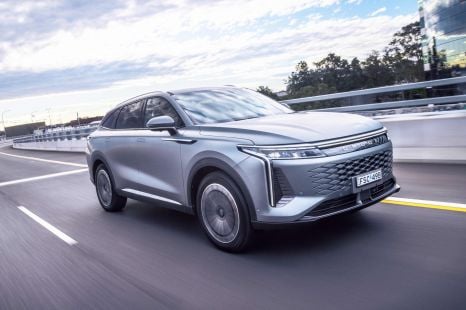

Damion Smy
2025 Omoda 9 review
4 Days Ago

Journalist
In an effort to ease the pain on its supplier base, Toyota plans to reduce production at its Japanese factories during the second quarter of this year.
A spokesperson told Reuters the automaker plans to cut production at its Japanese plants by 20 per cent in April, 10 per cent in May, and five per cent in June.
The production cut is intended to ease the strain on suppliers.
Akio Toyoda, Toyota’s CEO, reportedly told union members the April to June slow down was “an intentional cooling off” period for suppliers, who risked being “exhausted” due to chip and parts shortages.
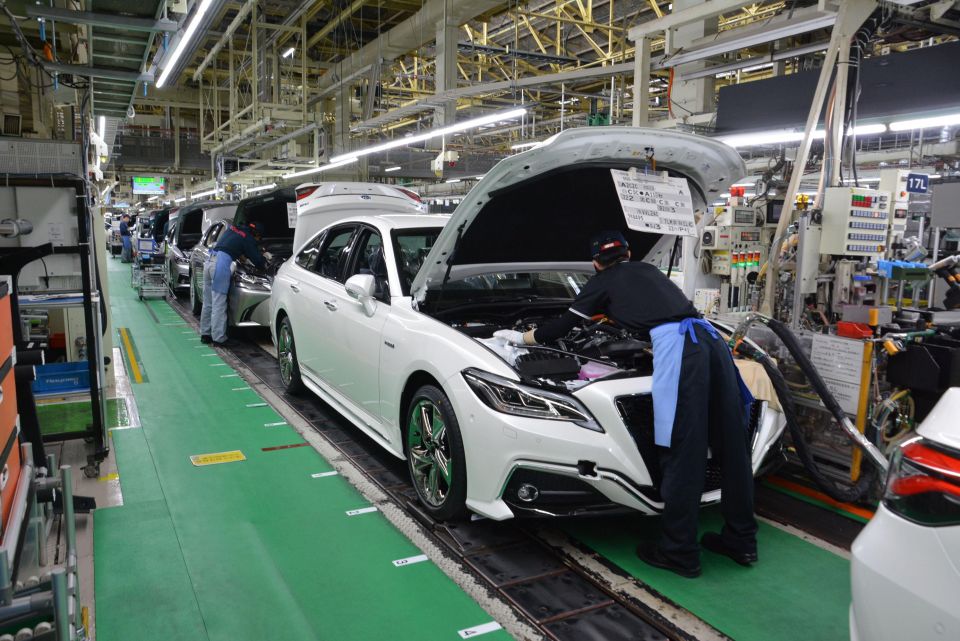
The spokesperson noted that production levels would remain high, though, as Toyota’s previous plan had called for the company to produce 11 million cars during the 2022 financial year, which finishes at the end of March 2022.
In the 2021 calendar year, Toyota took the global sales crown by selling 10.3 million cars, a 10.2 per cent increase over 2020, and 1.7 million vehicles ahead of its nearest rival, the Volkswagen Group.
Toyota had upped its 2022 production forecast in order to make up for lost output during the COVID-19 pandemic and subsequent global semiconductor shortage.
While these issues have been around for over a year and continue to dog manufacturers of all stripes, supply chains have been further disrupted by Russia’s invasion of Ukraine.
It’s unclear how much the production slow down will affect Toyota’s output levels for 2022, or whether the automaker plans to compensate by increasing output rates in latter half of the year.
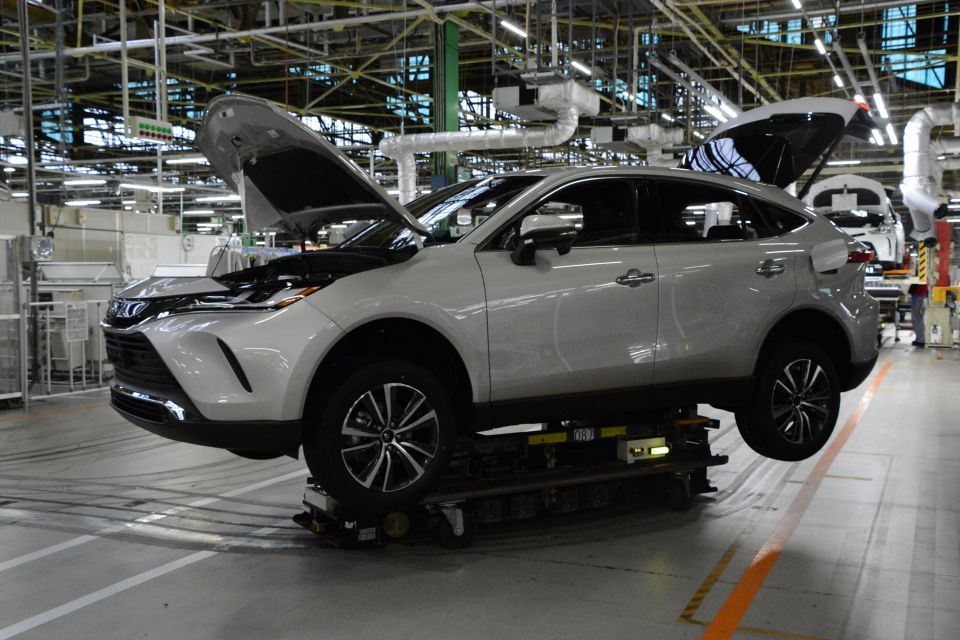
Earlier this month Toyota had to shutdown all domestic vehicle production for one day after a supplier had a server knocked offline due to a computer virus.
Toyota is far from the only automaker struggling to maintain output due to supply chain problems.
Honda recently said it would cut production by 10 per cent at two Japanese factories until the end of March.
After announcing a US$2.5 billion ($3.5 billion) loss for the final quarter of 2021, Rivian revealed last week that supply chain problems could cut its 2022 production by half to 25,000 vehicles.
Meanwhile, Russia’s invasion of Ukraine has severely crimped output at a number of European manufacturers. Volkswagen paused production at its two EV factories in Germany, while Stellantis has cancelled plans to use its joint venture factory with Mitsubishi in Russia as a hub for van manufacturing.
Where expert car reviews meet expert car buying – CarExpert gives you trusted advice, personalised service and real savings on your next new car.
Derek Fung would love to tell you about his multiple degrees, but he's too busy writing up some news right now. In his spare time Derek loves chasing automotive rabbits down the hole. Based in New York, New York, Derek loves to travel and is very much a window not an aisle person.


Damion Smy
4 Days Ago
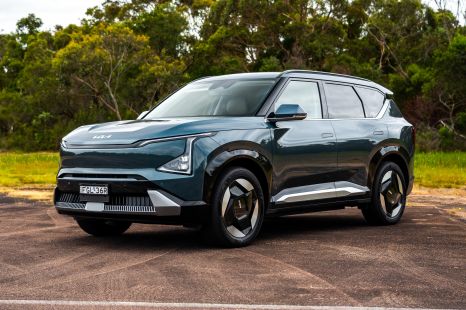

James Wong
4 Days Ago
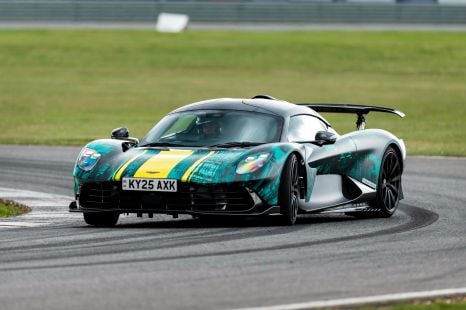

Angus MacKenzie
2 Days Ago


Paul Maric
1 Day Ago
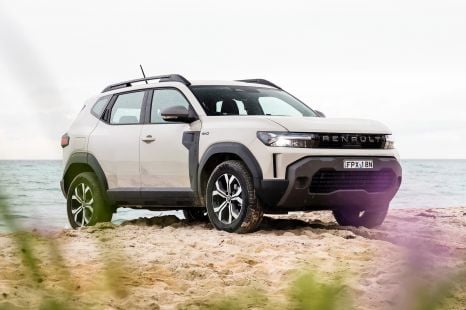

Max Davies
21 Hours Ago
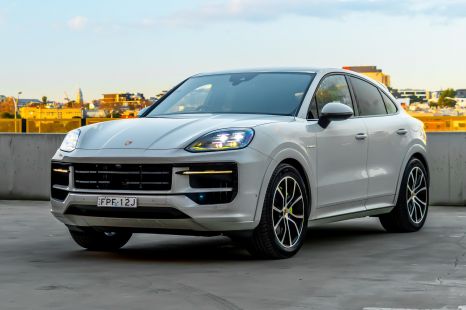

James Wong
14 Hours Ago